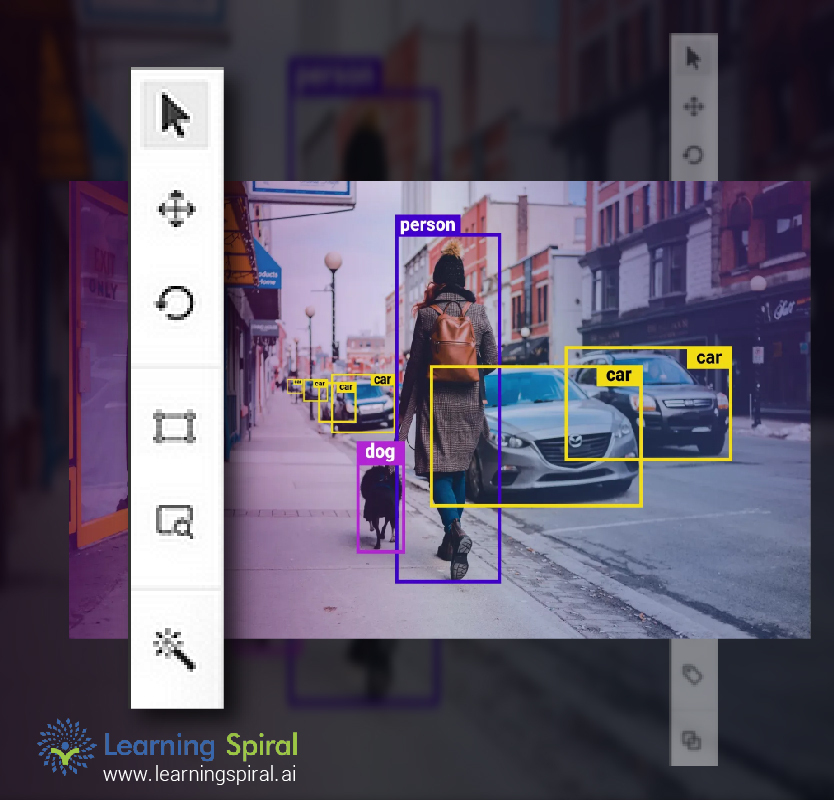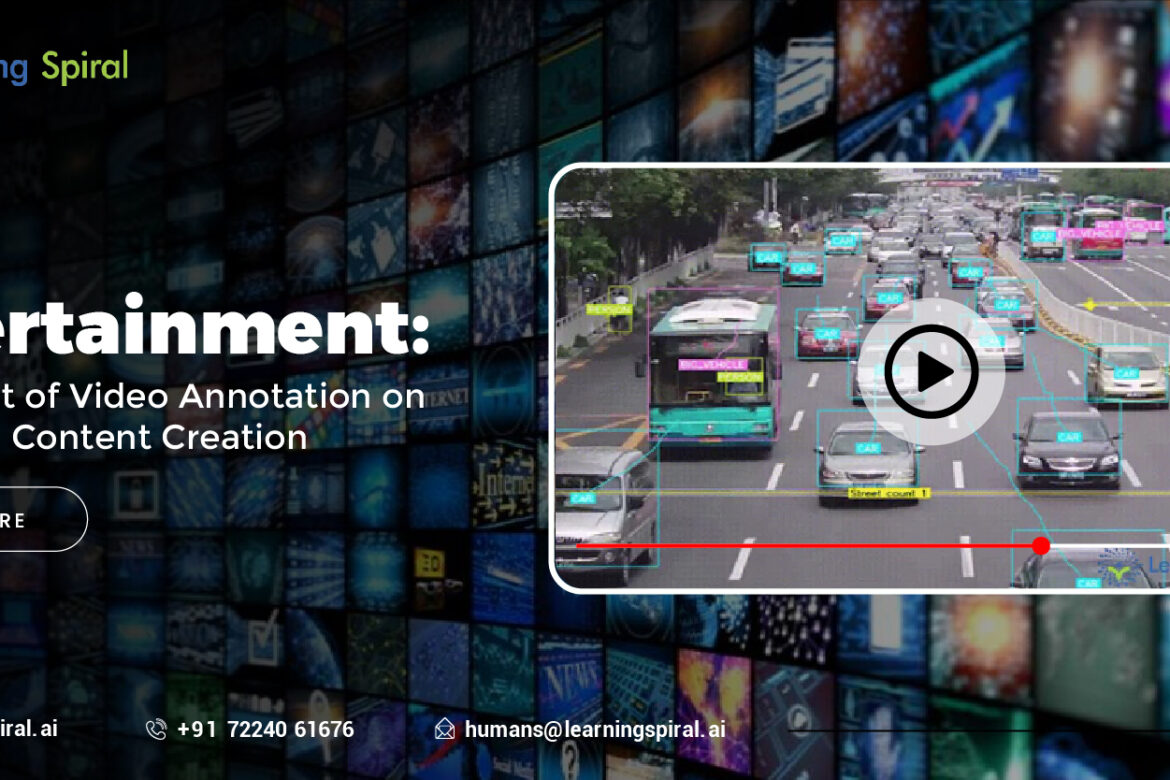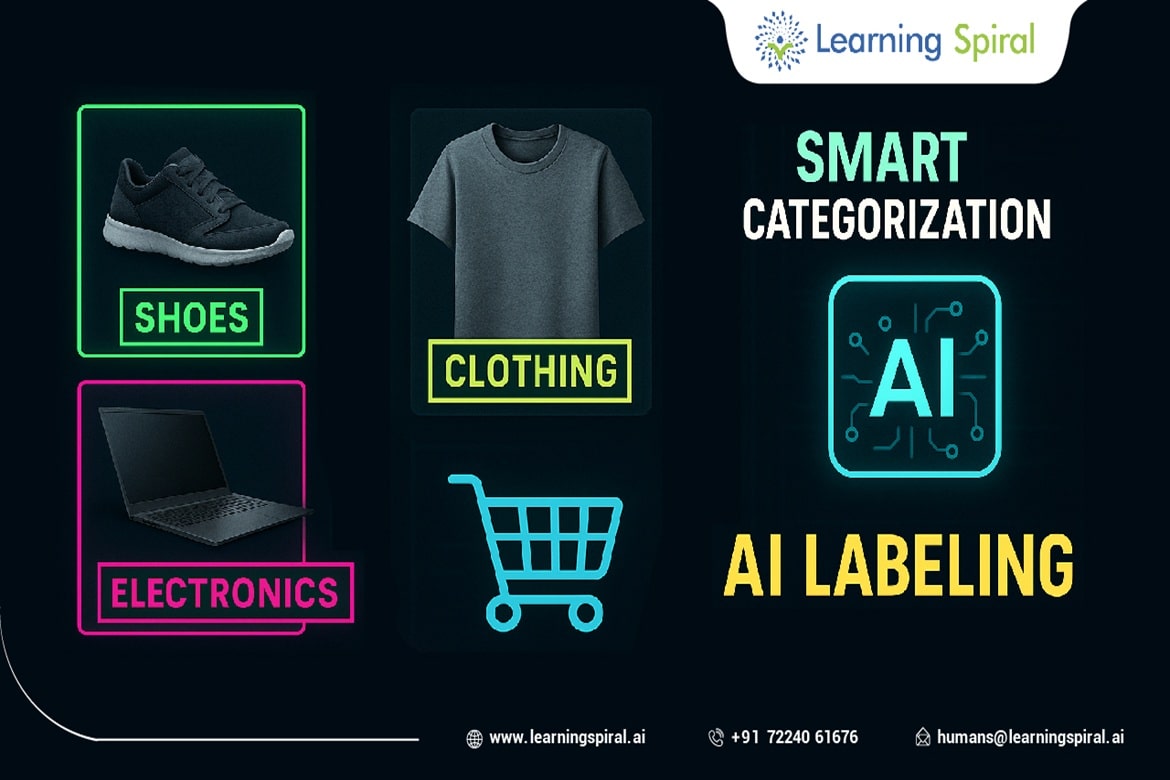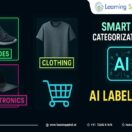Annotation tools have become indispensable in the realm of artificial intelligence, machine learning, and data science. These tools streamline the process of labeling or tagging data, providing the essential training material for algorithms to learn and perform tasks such as image recognition, natural language processing, and more.

In this article, we’ll delve into the world of annotation tools, exploring their key features, benefits, and some lesser-known facts.
Key Features of Annotation Tools
- Data Input Formats: Most tools support a wide range of data formats, including images, videos, audio files, and text.
- Annotation Types: They offer various annotation types, such as bounding boxes, polygons, semantic segmentation, and keypoint labeling.
- Collaboration: Many tools facilitate collaboration among teams, allowing for efficient annotation and review processes.
- Integration: They often integrate with popular machine learning frameworks and libraries, simplifying the workflow.
- Automation: Some tools incorporate automation features to speed up the annotation process, especially for repetitive tasks.
Benefits of Using Annotation Tools
- Efficiency: Annotation tools can significantly improve efficiency by automating repetitive tasks and providing user-friendly interfaces.
- Accuracy: These tools often include quality control features to ensure the accuracy of annotations, which is crucial for training effective models.
- Scalability: They can handle large datasets, making them suitable for projects of all sizes.
- Cost-Effectiveness: While some tools require a subscription fee, many offer free or affordable options, making them accessible to individuals and small businesses.
Lesser-Known Facts about Annotation Tools
- Active Learning:
Some tools incorporate active learning techniques, which intelligently prioritize data for annotation based on its potential impact on model performance.
- Data Privacy and Security:
Annotation platforms often prioritize data privacy and security, ensuring that sensitive information remains protected.
- Customization:
Many tools offer customization options, allowing users to tailor the interface and features to their specific needs.
- Integration with Cloud Platforms:
Several annotation tools integrate with cloud platforms like Amazon Web Services (AWS) and Google Cloud Platform, providing scalable and flexible solutions.
- Open-Source Options:
There are a growing number of open-source annotation tools available, offering a cost-effective and customizable solution.
Conclusion
Annotation tools have become essential for training machine learning models. By understanding their key features, benefits, and lesser-known facts, you can select the right tool to streamline your data annotation process and achieve your AI goals.
Whether you’re a researcher, data scientist, or business professional, these tools can empower you to create powerful and accurate AI applications.






